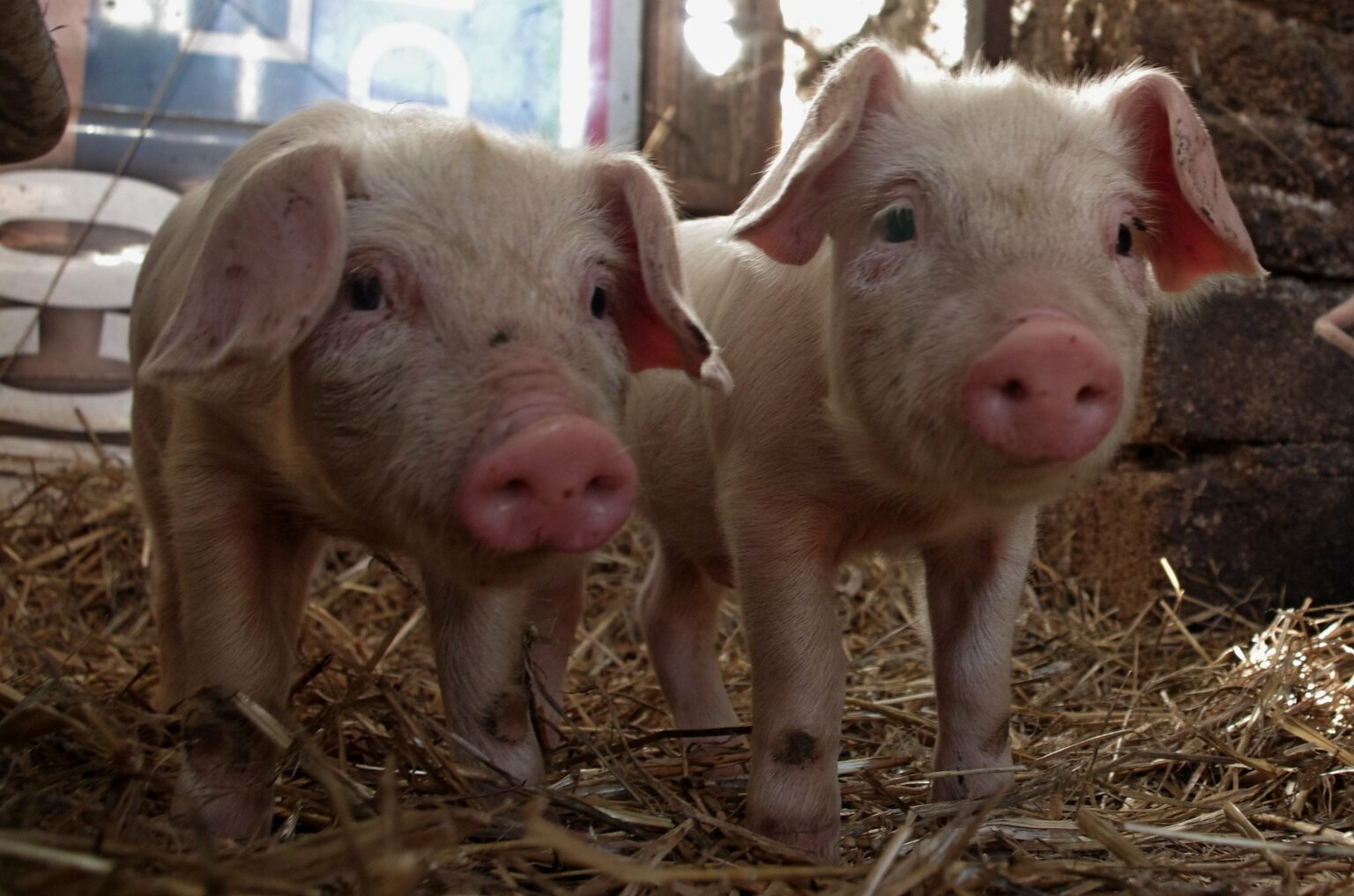- About
- Topics
- Picks
- Audio
- Story
- In-Depth
- Opinion
- News
- Donate
-
Signup for our newsletterOur Editors' Best Picks.Send
Read, Debate: Engage.
| December 20, 2021 | |
|---|---|
| topic: | Food Security |
| tags: | #agriculture, #urban farming, #Hunger, #Africa |
| located: | Kenya, Uganda |
| by: | Bob Koigi |
The urban population in Africa has increased from 27 million people in 1950 to an estimated 567 million at present. Over half of sub-Saharan Africa's population will be living in urban areas by 2050. Already now, city dwellers across the continent are facing hunger, malnutrition and a lack of dietary diversity.
In Kenya, for example, reports indicate that up to a fifth of the urban population is ultra-hungry as food prices continue on an upward streak, unabated.
With arable land in major cities across Africa dwindling due to competition from the real estate, mining and infrastructure development, the urban population has been at the mercy of the market forces. This occurs even as, according to recent data, urban families East Africa spend on average 65 percent of their income on food.
Tired of the sorry state of affairs, a group of vanguard farmers have found innovative ways of producing food for their own consumption and selling the surplus using sacks and tires.
It is a phenomenon that has even caught researchers by surprise, and the latter now argue that urban farming has become a meaningful source of livelihood for a large pool of city dwellers.
“As the world experiences an unprecedented increase in prices of foods due to factors like climate change, the interesting phenomenon that is emerging in respect to the urban poor is that they are becoming innovative in how they produce food in order to shield themselves from hunger," said Arthur Okello, an agricultural economist from the Institute of Agriculture, Business and Technology Serere Uganda. "These innovative food production techniques are creating a new wave of urban farming."
According to a report by the African Capacity Building Foundation, urban agriculture has been a source of food security and safety for up to 50 percent of the world's urban population, with approximately one third of Kenya’s capital Nairobi's households earning from it.
Timothy Wanjala, a retired civil servant residing in Kibera, the largest urban slum in Africa, has seen the cyclic food price spikes over the years and had enough of them.
“I remember at one time even kale and tomatoes, which were traditionally readily available in the markets, suddenly became a luxury," said the father of four. "They form a key component in our meals because they are cheap. When we couldn’t afford them because prices had more than tripled I decided to do something about it."
Due to the close proximity of the shanties to each other and lack of space, no meaningful farming can take place in the slums. Yet, Wanjala knew he had to somehow produce food. Then a friend told him about the idea of stuffing sacks with soil and planting crops in them. And he did.
The sacks are filled with soil mixed with manure to the brim. Holes are then perforated on the sides, where crops are planted.
Most of the structures in the slum are as small as 10 by 10 metres, and Wanjala's structure is 30 meters by 30 meters. Outside his shanty, he has managed to meticulously arrange 10 sacks in which he plants coriander, kale, tomatoes and onions.
“I have been doing this for the last four years and since I started I have saved up to 60 per cent of the budget I used to spend on food. I even manage to sell to my neighbours because I produce more than my family can consume,” he said.
Kilometers away in the neighbouring Mathare slum, a group of women, led by their patron Mrs. Dorothy Ahinga, have been on a food production spree using the most unlikely medium: discarded tires.
The women work in partnership with mechanics who sell them the old tires for $0.40 each. They then meticulously cut the sidewall of the upperside completely to increase the planting area. The tyres are then filled with compost manure before planting happens.
In a majority of the women's households, tires are neatly arranged to occupy every empty space, with others being placed on the rooftops of the shanties. “Already, we have 40 women who have taken up this practice. It means they are able to take care of their families and we have also started a scheme where each woman then brings their surplus, we combine them and source for markets,"Ahinga said. "Right now we are able to supply to local schools and hotels. On average, each woman is able to take home $50 each month from the sale, money which traditionally would be hard to come by."
But beyond being city dwellers’ silver bullet against food insecurity, the innovative gardens have contributed a great deal to providing nutrition for children at a time when reports by the World Food Programme indicate that slum dwellers in Kenya’s capital Nairobi suffer some of the poorest nutrition of all Kenyans.
“I don’t see myself buying food in a long time, and I am happy about it, thanks to my small gardens, because with the growing population in the cities and the unpredictable food prices, it is bound to get worse in coming years,” said Timothy.
Image by Jacques Nel
By copying the embed code below, you agree to adhere to our republishing guidelines.

